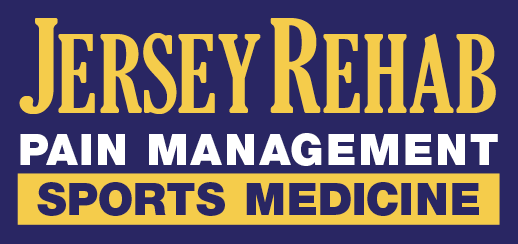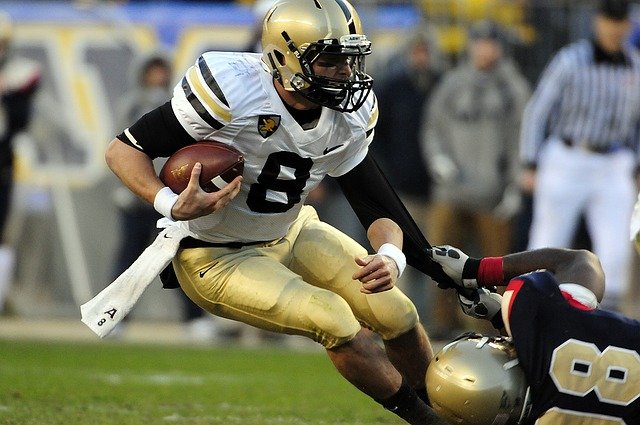Advice From A Sports Doctor: How to Prevent Injury this Football Season
Football is a sport associated with many injuries. According to the U.S. Consumer Product Safety Commission, nearly 300,000 people were treated for football-related injuries in 2018. Even though injuries are common in football, they don’t have to be. Oftentimes, injuries are preventable by following the best practices and latest guidelines. However, everyone must work together to create and maintain a safe environment.
Below we share some advice from our sports doctors about how to prevent injuries during the football season. Every ACL tear, knee injury, broken bone or concussion avoided is a victory!
Stay Active During the Off-Season
One of the best things you can do to prevent injury on the field is by staying active during the off-season. If you stop working out, your muscles and ligaments become inflexible and weakened, putting them at risk for orthopedic injuries. You don’t have to play football year-round of course. Instead, focus on activities like swimming, lifting weights and running.
Warm-up, Cool Down and Stretch
Cold, stiff muscles are far more susceptible to injury than ones that are loose and warmed up. Make sure you always warm-up and cool down before and after exercise. Also, at the start of the season, ease into activity. Gradually increasing the intensity of the workout will protect your muscles and joints.
Wear the Proper Equipment
Never go without the proper equipment, especially in a contact sport like football. Here is the equipment you should be wearing:
- Mouth guard
- Helmet
- Hip pads
- Shoulder pads
- Tail pads
- Knee pads
- Thigh guards
- Cup
- Athletic supporter
- Properly fitted shoes
Schedule a Physical and Wellness Exam
Before the start of the season, schedule a physical and wellness evaluation with a sports medicine doctor. This allows you to be seen by a professional who can make sure you are ready for the season, as well as identify any possible reasons for concern. And, by establishing a relationship with a sports doctor, you’ll have someone to count on if you do suffer a football injury.
Stay Hydrated
Keeping hydrated is important because it prevents the muscles from cramping up, plus avoids overheating. If you’re feeling tired and dizzy, it puts you at a greater risk for injury. Speaking of, if you find yourself not feeling well, stop. Don’t play through the pain because this can worsen your condition and make the injury worse.
Prepare for Injuries
Your football coach should be knowledgeable on football injuries and how to administer first aid, should you need it. Coaches can generally treat minor injuries like bruises, cuts and strains and sprains. Medical personnel should be contacted to assist with concussions, fractures, dislocations, abrasions and contusions.
The advanced pain management doctors from Jersey Rehab treat sports injuries, including football injuries. If you or your child was hurt on the playing field, schedule an appointment at one of our four locations. With experienced sports doctors and cutting-edge technology, we help our clients heal safely and effectively.

